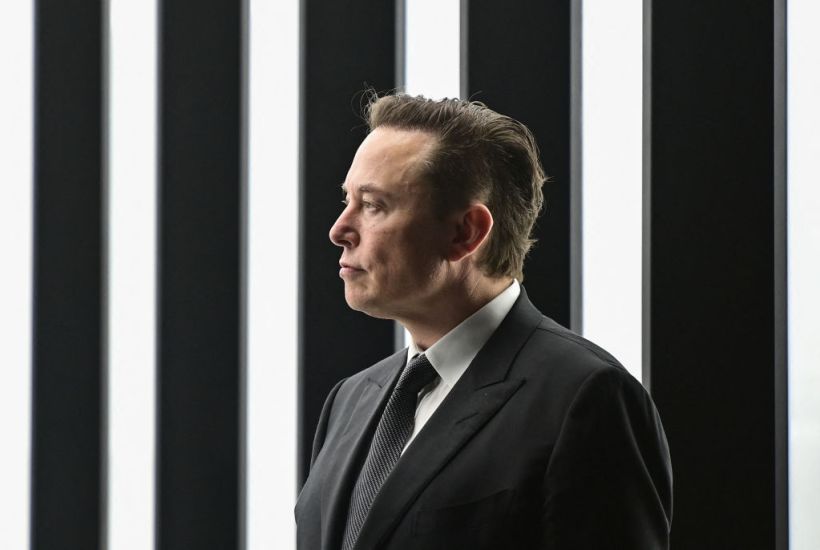The BBC has today been using its various news platforms to protest against being described as ‘government funded’ by Twitter. It has instructed Twitter to remove this insult ‘as soon as possible’ and its journalistic contacts have found a direct link to Elon Musk himself who, we are told, is a ‘fan’ of the BBC.
Already a subscriber? Log in
Subscribe for just $2 a week
Try a month of The Spectator Australia absolutely free and without commitment. Not only that but – if you choose to continue – you’ll pay just $2 a week for your first year.
- Unlimited access to spectator.com.au and app
- The weekly edition on the Spectator Australia app
- Spectator podcasts and newsletters
- Full access to spectator.co.uk
Or





















Comments
Don't miss out
Join the conversation with other Spectator Australia readers. Subscribe to leave a comment.
SUBSCRIBEAlready a subscriber? Log in